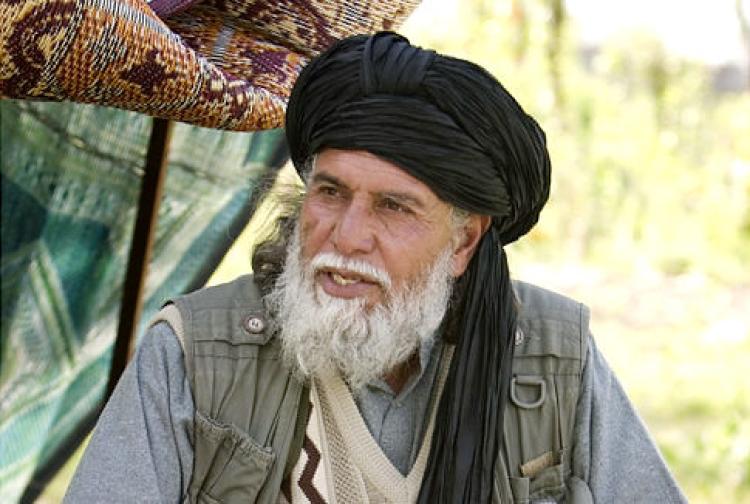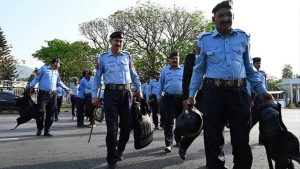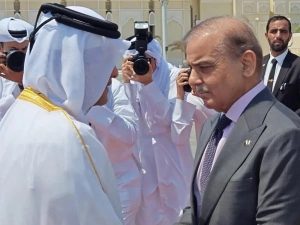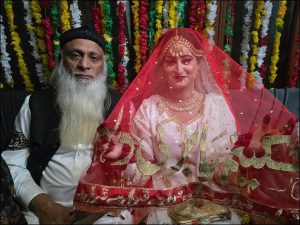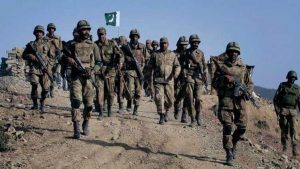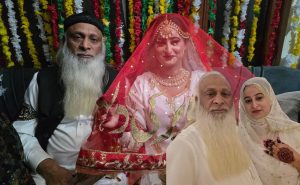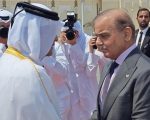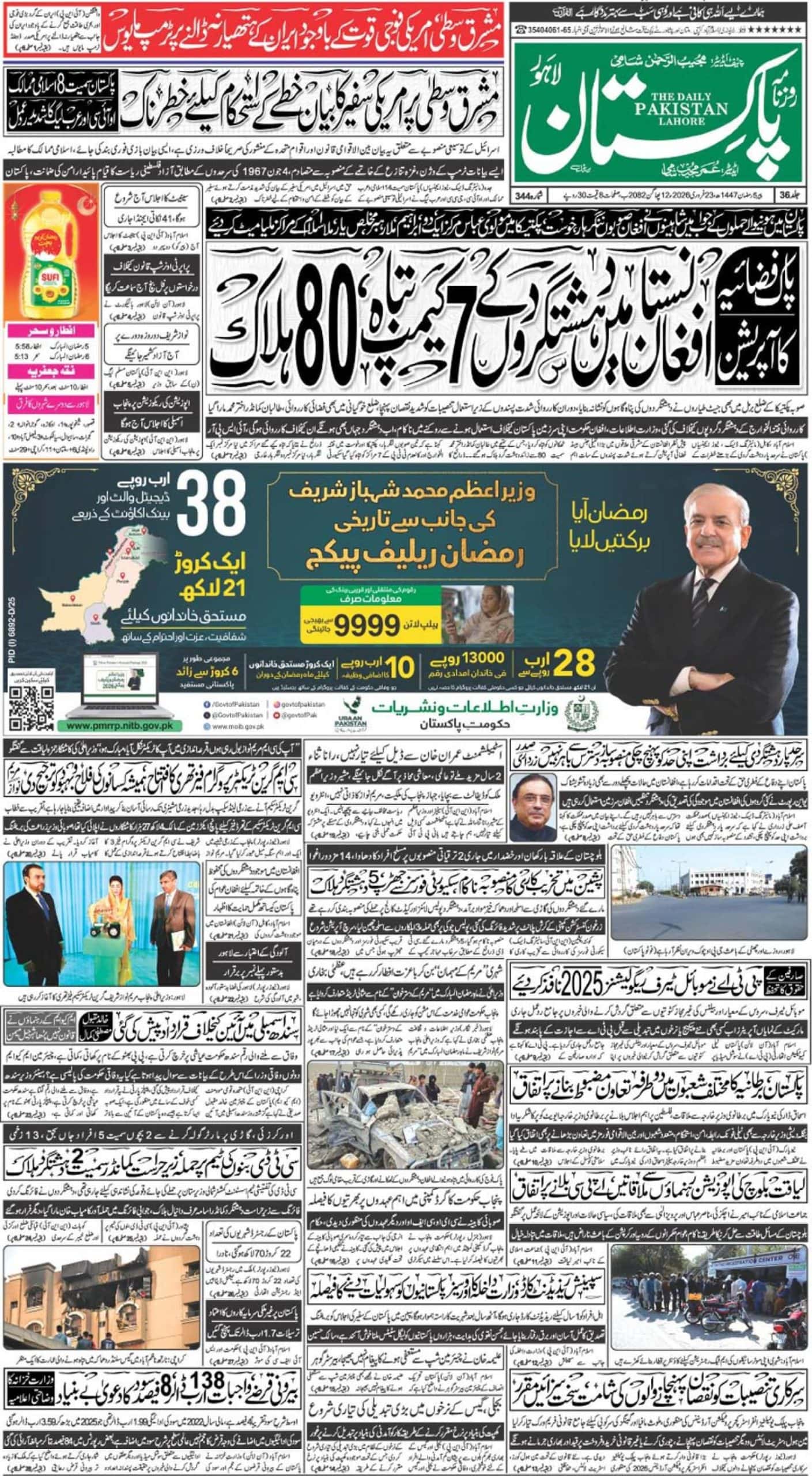RAWALPINDI – Army Chief General Qamar Javed Bajwa signed the death sentences for eight terrorists and life imprisonment for three others on Wednesday.
They include TTP spokesman Muslim Khan who was arrested by Pakistan Army in 2009.
Muslim Khan was a spokesman for the Tehrik-i-Taliban Pakistan of Swat. He was born in Kabal Tehsil of Swat.
In an interview with New England Foundation for the Arts, when asked about his usage of American-styled English and pronunciation, Khan revealed that he had lived for some time in Boston. He had spent 4 years in the USA and worked as a painter in Boston.
In April 2009, Khan stated that any Pakistani who disagreed with his interpretation of Islam was non-Muslim. It was also revealed in an intercepted telephone conversation that Khan had urged attacks on the families of soldiers. “Strikes should be carried out in their homes so their kids get killed and then they’ll realise.” Before the start of the Army offensive against the Taliban, Khan claimed that his fighters controlled “more than 90 percent” of Swat.
After the 2009 operation in Swat, he was still at large, vowing that his men would step up attacks. However, he was arrested on 10 September by the security forces of Pakistan in the suburbs of Mingora. Born on Aug 8, 1954, in Swat’s Kuza Banda tehsil, Muslim Khan matriculated in humanities group from Jehanzeb College, Swat.
Reportedly, Khan was also impressed by Zulfiqar Ali Bhutto and the philosophy of the Pakistan People’s Party (PPP). He joined the party’s student wing, known as the People’s Students Federation (PSF).
He had joined the Pakistan National Shipping Corporation as a seaman, but left two years later and moved to Kuwait to work in a transport company. He returned home when Iraq invaded Kuwait in 1990 and set up a medical store.
In response to the crime, Khan was placed in jail for 25 days on kidnapping charges. His association with the PPP demonstrated his liberal ideals during his youth. Khan claims, however, that he was “emotional” during this time, and did not truly understand the real policies of the PPP.
In the early 1990s, Khan joined Tehreek-e-Nafaz-e-Shariat- e-Mohammadi (TNSM), or the Movement for the Implementation of Islamic Laws. TNSM was led by Maulana Sufi Mohammad, who launched its struggle for the implementation of Shari`a in the Malakand region of the NWFP.
In July 2008, Khan said in an interview that he had travelled to Afghanistan to fight “foreign infidels”. He did not, however, identify the details of the fighting. When asked about his views on democracy, he firmly stated that the “concept of the Western form of democracy is against Shari`a”.
According to Khan, “I am all about Khilafat and this is my appeal to the Muslims around the world to get united as an umma and form a single army and single currency”. When asked about the aims and objectives of the Taliban movement, Khan said that “initially we want the implementation of Shari`a in our own region—Malakand division—and then we would like the same in the North-West Frontier Province and then ultimately the whole of Pakistan.”
Khan is harshly critical of the religious party leadership in the country, particularly of Maulana Fazal Rahman and the late Qazi Hussain Ahmad, the leaders of Jamiat Ulama-i-Islam and Jamaat-i-Islami respectively. He accused the leaders of using the name of Islam to become members of parliament so that they could enjoy the privileges and “perks” that come with such titles.

